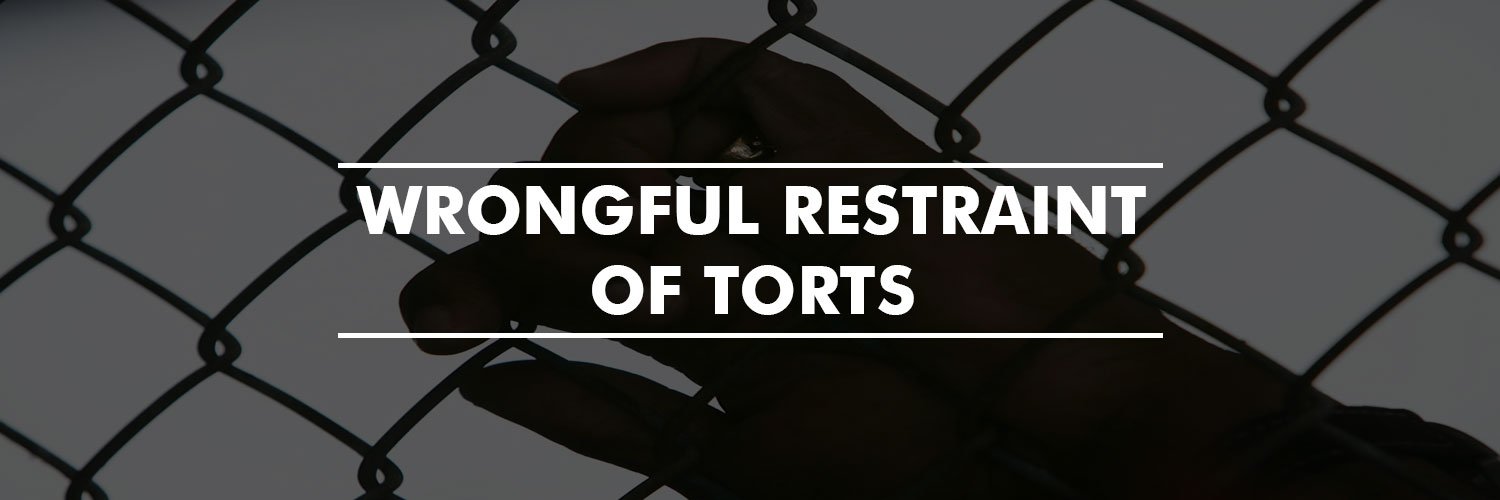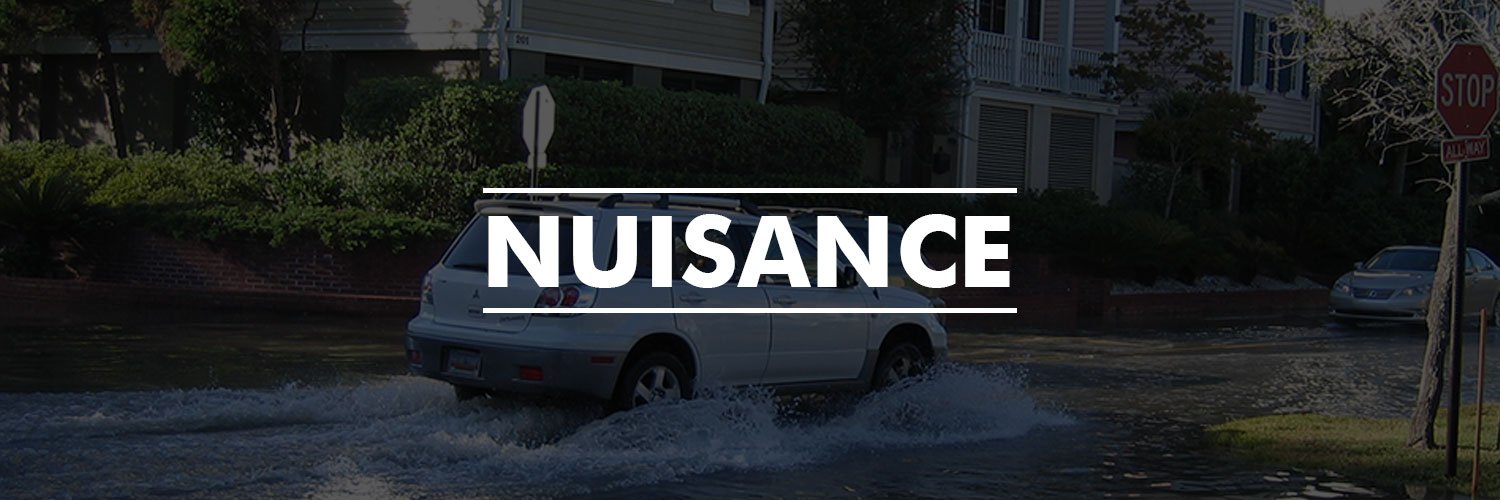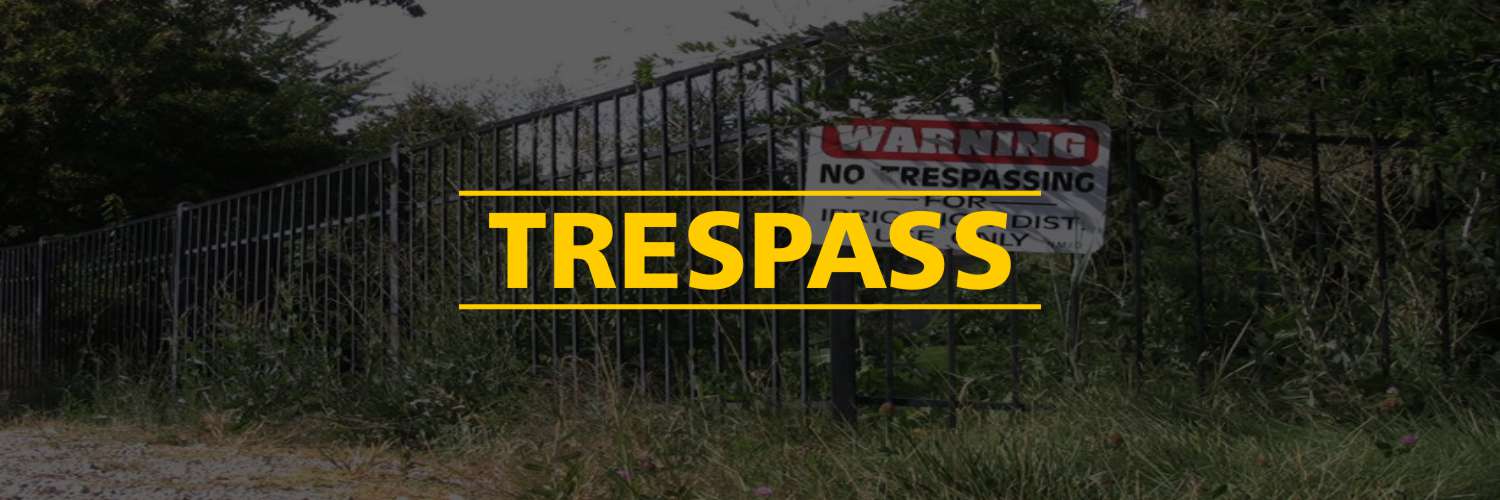Mischief is typically known as damages incurred due to another person’s action(s) or inaction(s). Mischief as a term is often used for offenses of distinct nature defined differently in a number of different jurisdictions. It is a wrongful act described differently in a different jurisdiction. However, there are some common elements to it such as:-
a) Intention or knowledge of likelihood to cause wrongful loss or damage to the public or to any person.
b) Causing the destruction of some property or any change in it or in its situation.
c) Such changes destroying or demolishing its value or utility, or affect it injuriously.
Damage but not the possession
The crime of mischief occurs whenever someone damages someone else’s property. The amount of damage can be minor or significant, but it’s the damaging of the property that is the key issue in the crime. Criminal mischief does not involve taking another’s property. It entails breaking, defacing, or otherwise damaging it without the owner’s permission.
Intent to act
You can’t accidentally commit criminal mischief. The law requires that you damage the property intentionally and not simply accidentally. For example, if you’re playing baseball and accidentally hit the ball through your neighbor’s window, this is not criminal mischief. On the other hand, if you decide to start hitting baseballs at your neighbor’s home and one of them happens to go through the window causing damage, that’s a crime. It doesn’t matter if you specifically intended to break the window or intended to cause any kind of physical damage. All that matters is that you intended to take actions you knew (or should have known) might reasonably result in property damage.
Types of damages
Criminal mischief encompasses a range of different activities, from painting graffiti on a wall to tampering with a fire hose or emergency exit or removing a survey or boundary marker. In some states, criminal mischief also encompasses actions such as setting off a smoke bomb or other device to cause public alarm, or even interfering with someone’s use of the computer by introducing a virus or otherwise damaging computer components.
Reckless
Some situations you can commit criminal mischief you act recklessly. Reckless acts are not accidental acts; they’re committed with a conscious disregard for the likely consequences. For example, using explosives, fire, or other potentially dangerous items or methods without regard to the probable outcome, and damaging property, as a result, would substantiate a charge of criminal mischief.
Degrees of damage
Many states differentiate between different degrees of criminal mischief based on either the amount of damage done or whether specific property or specific elements are involved. For example, the lowest degree of criminal mischief usually involves only slight amounts of damage, such as up to a few thousand rupees worth. More significant damage raises the crime to a higher degree. Also, higher degrees often apply when the person has committed prior acts of mischief before, if the damage involved public utilities or public services, or if the crime put someone at risk of physical harm.
Penalties
Mischief crimes are charged as either a misdemeanor or felony offenses in places abroad. Misdemeanor crimes are less serious than felony crimes, with felonies having potential sentences of a year or more in prison, while misdemeanors are punished with potential penalties of up to a year in jail.
However, in India, Section 426 of the Indian Penal Code decides the punishment for criminal mischief. According to Section 426, there shall be a punishment with imprisonment of either description for a term which may exist up to 3 months, or with fine, or with both to whosoever committing a crime of mischief.








